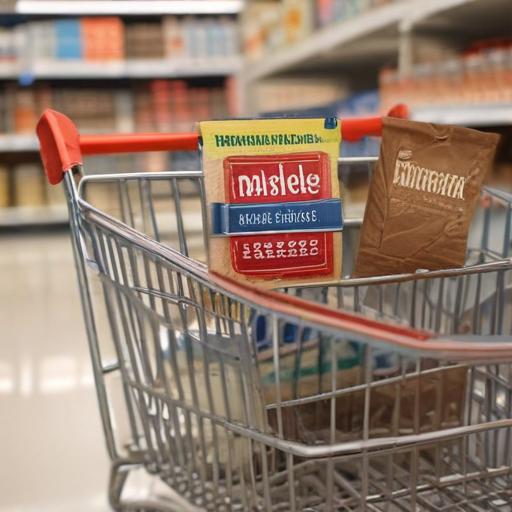Ramon van Meer, the founder of Afina, is taking a pragmatic approach to understanding consumer preferences when it comes to American-made products. Following President Donald Trump’s significant increase in tariffs on Chinese goods, van Meer aimed to find out if shoppers truly prioritize purchasing products made in the USA.
To explore this, he conducted an experiment using real transactions instead of surveys. Van Meer’s best-selling item is a specialized filtered shower head, which he currently produces in China with some materials sourced from Vietnam. His goal was to potentially shift production to the U.S., but he discovered it would triple his manufacturing costs.
In a recent test, he offered two versions of the shower head on his website: one made in China for $129 and another made in the U.S. for $239. Despite having over 25,000 website visitors, not one customer chose the American-made option. They sold 584 of the Chinese version, and the response to the U.S. version was disheartening, with less than a 1% add-to-cart rate.
Van Meer shared his findings in a viral blog post, stating the results were “sobering.” He noted that while many consumers claim they would support American labor, actual purchasing behavior did not reflect that sentiment.
With this data, he is currently exploring options to move production away from China, seeking countries with more favorable tariff rates. He acknowledged the challenges of U.S. manufacturing, highlighting the lack of facilities capable of producing his showerheads.
As Afina navigates this complex landscape, van Meer plans to continue testing different pricing strategies in light of potential tariff costs, aiming to find a sustainable path forward for his business. This insight into consumer behavior underscores the complexities faced by businesses in balancing production costs with customer expectations, revealing that willingness to pay does not always translate into purchasing actions.
